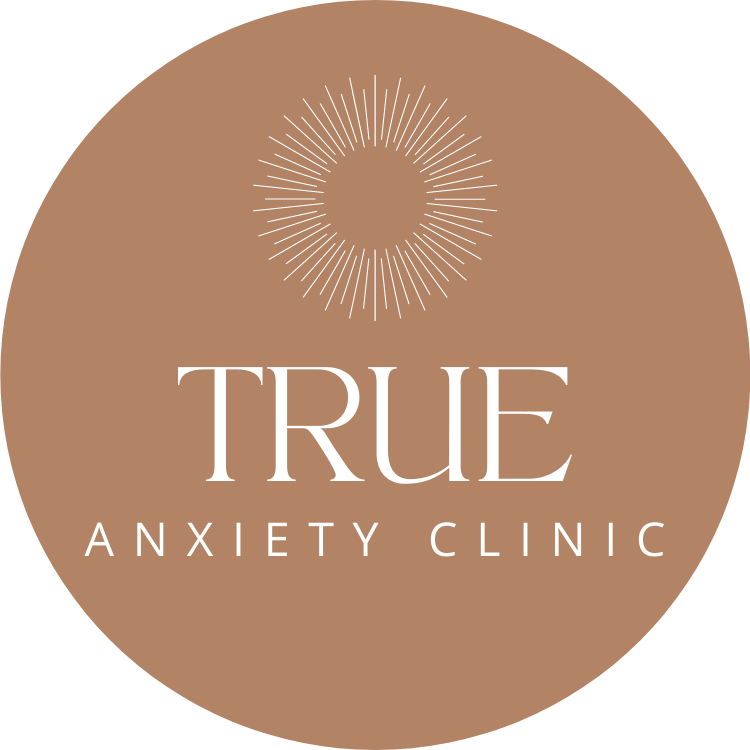Post-Traumatic Stress Disorder (PTSD)
If someone has experienced or witnessed a traumatic event, they may experience symptoms of PTSD. During a traumatic experience, memories cannot be processed by the brain correctly, so a person with PTSD continues to carry those experiences in their mind and body. As those memories were not filed away into the ‘past tense’, they continue to feel as if they are happening in the ‘present tense’ through flashbacks, nightmares, and anxiety symptoms.
Common symptoms of PTSD include:
Intrusive memories
Repetitive, unwanted distressing memories of the traumatic event
Upsetting nightmares about the traumatic event
Emotional distress or anxiety to something that reminds you of the traumatic event
Avoidance
Trying to avoid thinking or talking about the traumatic event
Avoiding places, activities, people, or any reminder of the traumatic event
Negative changes in thinking and mood
Negative thoughts about yourself, other people or the world
Feeling hopelessness about the future
Memory problems, including forgetting important aspects of the traumatic event
Difficulty in relationships and feeling detached from family and friends
Lack of interest in activities you once enjoyed
Difficulty experiencing positive emotions
Feeling emotionally numb or dissociative
Changes in physical and emotional reactions
Being easily startled
Always being on guard for danger or hypervigilant
Unhelpful self-soothing behaviour such as drinking too much or driving too fast
Difficulty sleeping
Trouble concentrating
Irritability, angry outbursts or aggressive behavior
Overwhelming guilt or shame
Trauma therapy aims to help your brain process these memories and put them into the back of your mind so you stop experiencing symptoms in the present. After therapy, the memory will feel like it is now ‘in the past’ and you will no longer experience reminders of it in the present.
Traumatic events can include experiences of abuse, but can also include the more common ‘everyday’ traumatic events such as being yelled at or being made to feel ashamed or inadequate. It is important to remember that if an event was experienced as traumatic to you, it is valid.
At True Anxiety Psychology, we use a range of therapies to heal trauma depending on which therapy would match the clients concern. These include EMDR, schema therapy, and CBT. We treat both single event trauma and long term trauma and can tailor treatment for those experiencing dissociative disorders such as DDNOS and DID.

